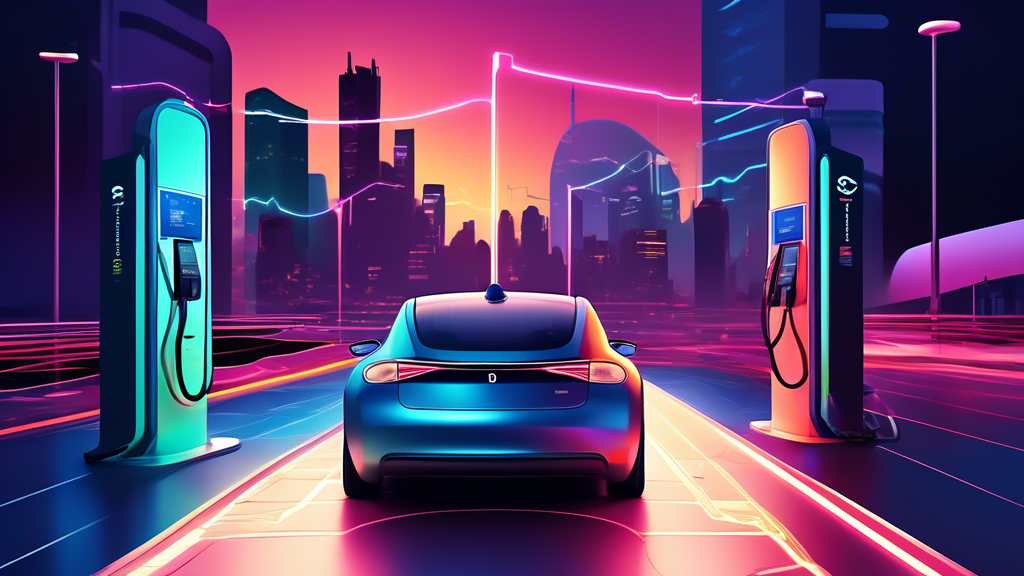
AC vs. DC Charging: Electrifying Your Knowledge
Ever felt confused at an electric vehicle (EV) charging station? You’re plugging in, but there’s this nagging question: AC vs DC charging – what are the differences? Let’s juice up your knowledge of the current affairs of EV charging!
What’s the Current Story?
All puns aside, the difference between AC (Alternating Current) and DC (Direct Current) charging is crucial for any EV owner or enthusiast. Why? It affects how fast your vehicle charges and what kind of equipment you might need.
AC Charging: Slow and Steady
Starting with AC charging – the tortoise in our story. You’ll find these chargers mostly at home or work, where you can afford to charge for longer periods. AC charging converts the AC from your power outlet to the DC your EV’s battery can store, all thanks to the onboard charger. Caught yourself wondering why it’s taking all night? Blame the limits of your onboard converter, which typically ranges from 3 kW to 22 kW. Yes, overnight charging is a real slog.
DC Charging: Need for Speed
Enter the hare – DC charging. This method involves high-powered chargers that feed directly into your EV’s battery, bypassing the car’s onboard conversion system. We’re talking serious power here – anywhere from 50 kW at basic public stations up to 350 kW at high-tech stations. Want a quick boost? Thirty minutes at a DC fast charger can get your battery from grumpy low to almost full — just enough time to grab a coffee and stretch your legs.
But Which One is Better?
Asking if AC or DC is better is like asking if a hammer is better than a screwdriver; it depends on the job. AC is your friend for everyday use, where time is on your side, and you just want to wake up to a full battery. Nothing beats DC’s rapid charging capabilities for those road trips or quick top-ups while on the go.
What’s in Your Garage?
Want to go beyond standard AC outlets? Consider installing a dedicated AC home charger, which can pump up the kW levels compared to a typical wall outlet. But remember, upgrading your home’s wiring could involve a real conversation (and negotiation) with your electrician.
Making the Choice
Ultimately, the choice between AC and DC charging will depend on how you use your EV. Are you a daily commuter? The regular AC setup should do the trick. Are you constantly rushing from point A to point B? It might be worth mapping out DC fast chargers on your route.
Whether you choose the scenic route with AC or blaze a trail with DC, knowing these differences ensures your EV’s battery life runs as smoothly as your drives. So, next time you plug in, you’ll be wiser and, hopefully, less perplexed!
Clever, eh? When your friends ask about your current situation, you’ll have plenty to share – volts of information. Drive electric, charge smart, and keep exploring the possibilities!
